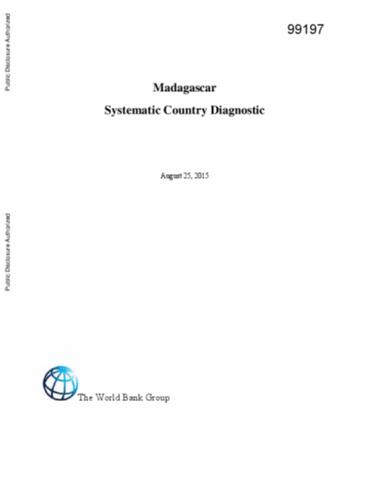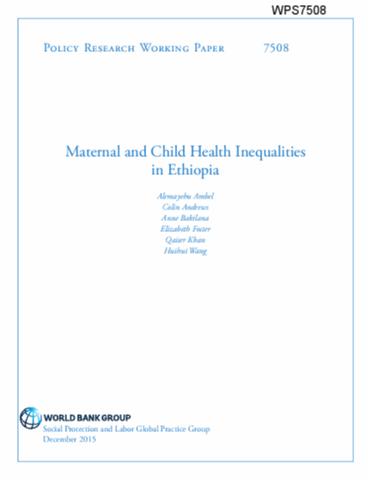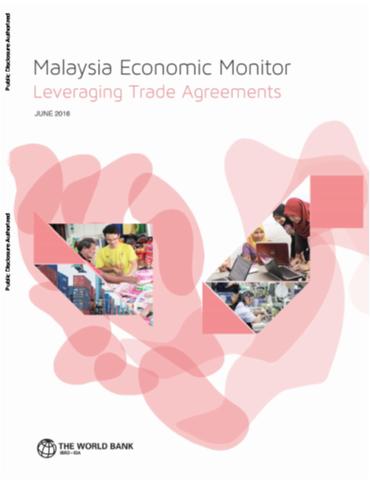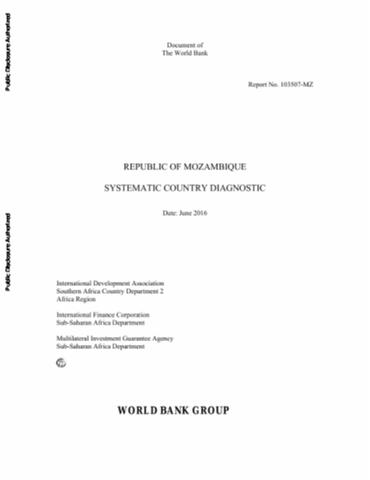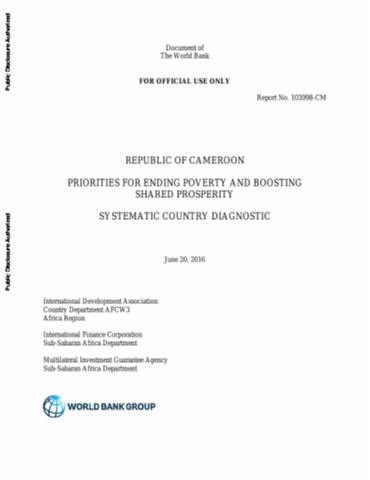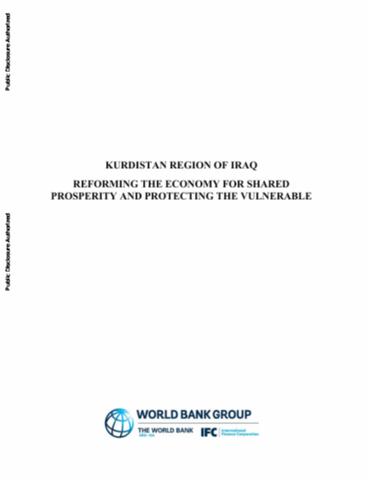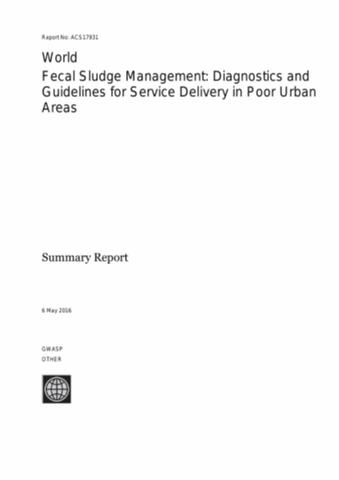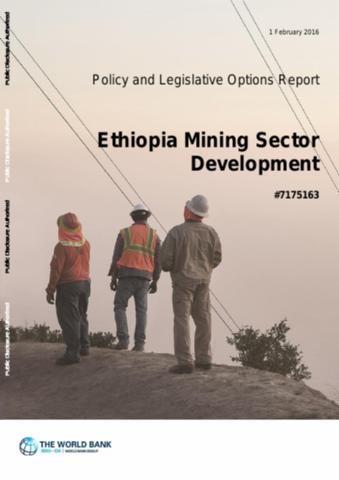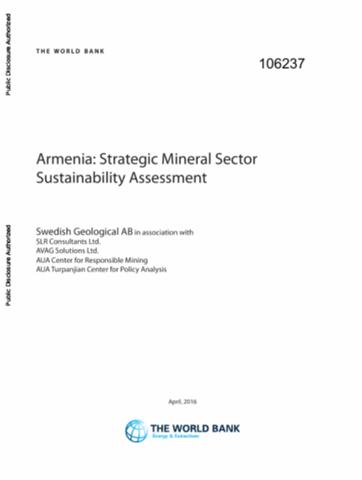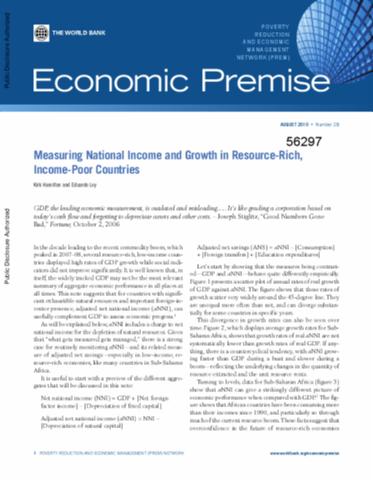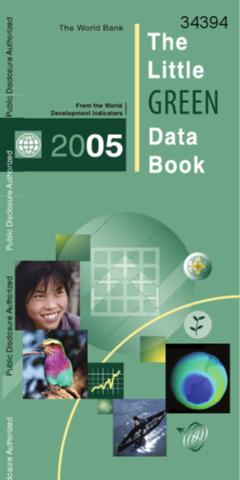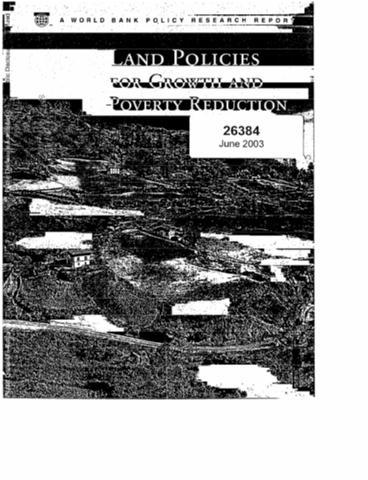Madagascar
This document is hence organized not around the three types of challenges, but around five themes of governance, public finance issues, private sector-led economy, poverty and environment, and human capital, all crucial to achieving faster, more inclusive and sustainable growth. Chapter one provides the country context. Chapter two discusses the quality of governance, an overarching issue in Madagascar. It has a direct bearing on the pace, the inclusiveness and sustainability of growth.

